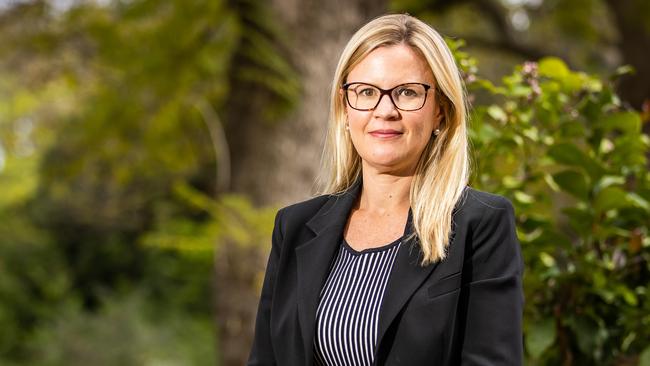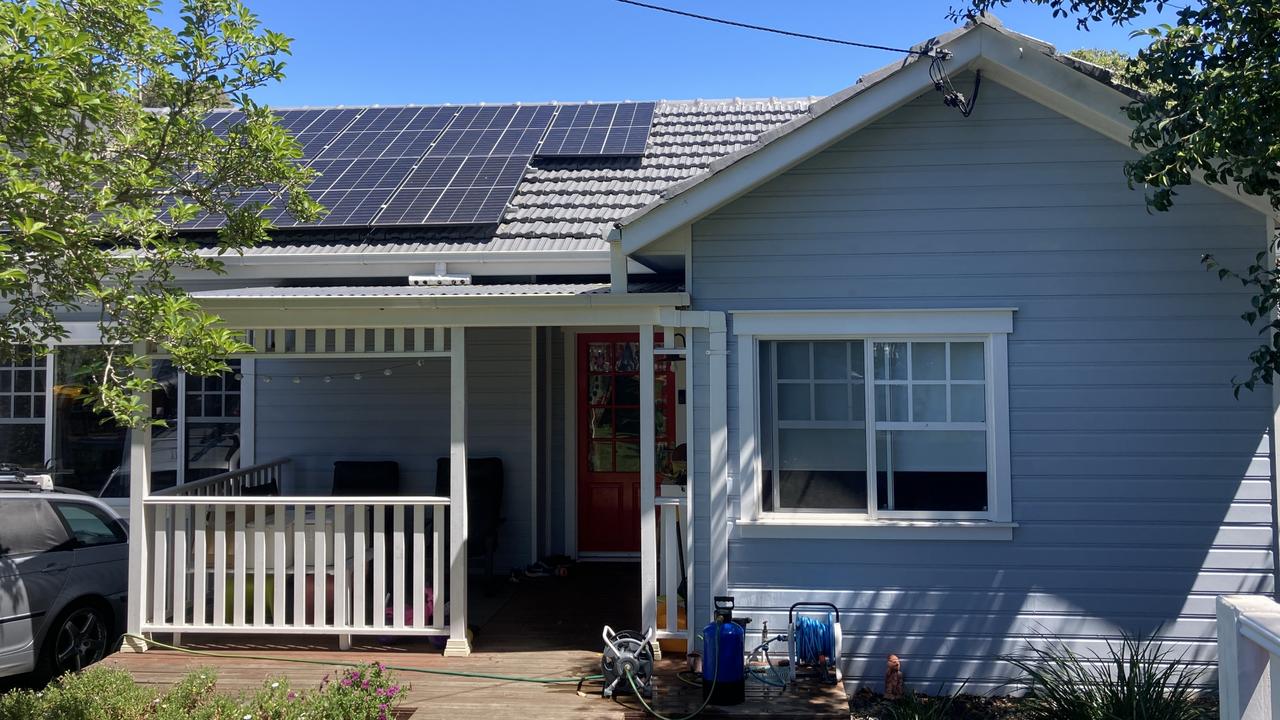Carbon capture and storage needs backing, APPEA says, ahead of industry gathering
The oil and gas lobby group APPEA says carbon capture and storage could provide an export opportunity for the nation, but a concerted effort is needed to ensure we stay competitive.

Australia needs a carbon capture and storage strategy to ensure the nation can realise its ambition to be a major regional player in the field and also keep pace with the US and Europe, which are pouring huge incentives into the sector, the Australian Petroleum Production & Exploration Association says.
Speaking ahead of its major annual conference next week, APPEA chief executive Samantha McCulloch said a strategy could include ideas such as “net-zero industrial zones”, where shared infrastructure for CCS could be built and used.
Australia could also play a role in storing carbon dioxide for countries such as Japan and South Korea, which lacked the geological structures suitable for storing emissions underground.
The Adelaide conference has the theme “Lead, shape, innovate – accelerating to net zero”, and is heavy on hydrogen and CCS content, as well as energy security.
Ms McCulloch said the industry was glad to see funding in this week’s federal budget for a future gas strategy, especially given the uncertainty generated by recent interventions in the market such as the emergency price caps imposed on the sector by the federal government last December.
“We remain concerned of course with the predictions of supply shortfalls, particularly on the east coast,’’ she said. “We’re a country with abundant gas resources and it’s important that we’re developing those to ensure reliable supply for Australian households, manufacturing and industry, and to support the transformation of our energy systems.
“As we’re moving away from coal and relying more on renewables we need that reliable supply of gas, but these are large investments, they’re long-term investments. And unfortunately, because of the government interventions that we’ve seen in recent months, that uncertainty, particularly in the eastern states, has seen investments put on pause.
“Projects that could alleviate the shortfalls are currently not moving forward because of the uncertainty.’’
On the CCS front, Ms McCulloch said the US – via its Inflation Reduction Act (IRA) – and Europe were pushing ahead in a concerted manner, with generous subsidies of $US85 per tonne in the US to store industrial emissions and even greater subsidies of $US180 per tonne for technologies such as direct air capture. “That’s driven an enormous uptick in terms of investment and projects in planning,’’ she said.
“Similarly in Europe, due to their strong emissions reductions goals CCS is playing an increasingly important role.
“There’s a lot of international momentum behind CCS, and certainly Australia can be part of that.
“We have excellent geological storage resources, we have the skills and expertise in the oil and gas industry to deliver these projects, and some of our major trading partners such as Japan and South Korea don’t have their own geological storage resources.
“They are looking for opportunities to send their CO2 offshore for permanent storage, and this could be another trade opportunity for the country,” she said.
The risk was that the generous subsidies being offered in other jurisdictions would attract investment away from Australia.
“We think it’s important to send that clear and strong message from the government, and also from industry, about the role of CCS in our own net-zero pathway,’’ Ms McCulloch said.
The oil and gas sector is also keen to promote the role it is likely to play in the emerging hydrogen field, but is keen for a “colour agnostic” approach to hydrogen development.
Hydrogen is unofficially rated on a scale from “gold” – the holy grail of naturally occurring subterranean hydrogen – through green, blue, grey and black, depending on the emissions profile of the processes used to produce it.
Ms McCulloch said the US’s IRA was colour agnostic, and “we would encourage a similar approach in Australia recognising that we really want to find the most mature, cheapest, most affordable pathways to scale up hydrogen and the hydrogen economy for Australia’’.
“Considering the pace and scale at which we’ll need to deploy these technologies, we need to be investing in a portfolio of options.’’
Ms McCulloch said almost all of the hydrogen being produced around the world today was “grey’’ hydrogen, made with the use of gas or coal, while green and blue hydrogen both sat at below 1 per cent of global production each.
“So we have a long way to go in terms of developing that low-emissions hydrogen industry and we see the importance of supporting all pathways,’’ she said.
Speakers at the conference will include federal Resources Minister Madeleine King and Opposition Leader Peter Dutton.






To join the conversation, please log in. Don't have an account? Register
Join the conversation, you are commenting as Logout